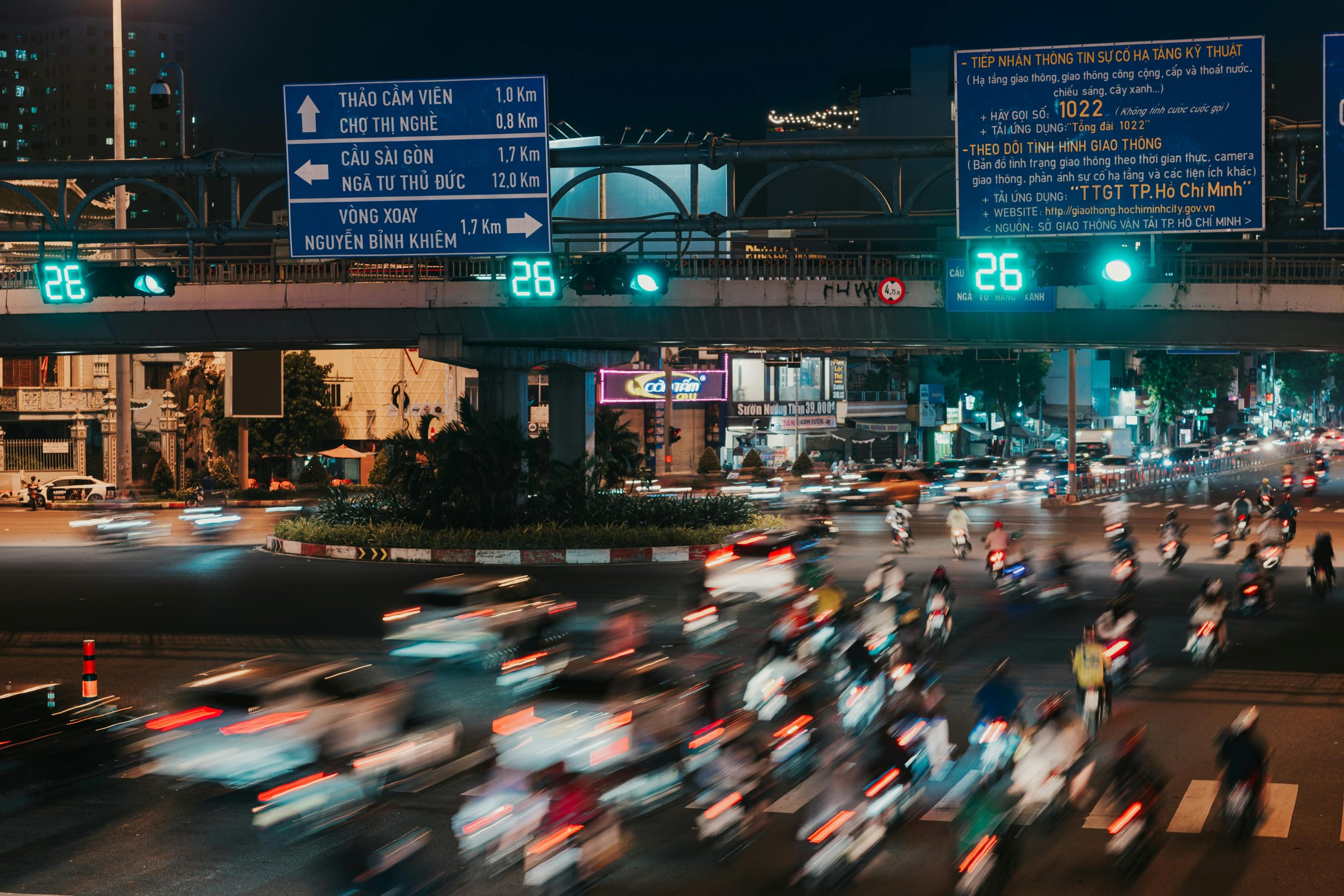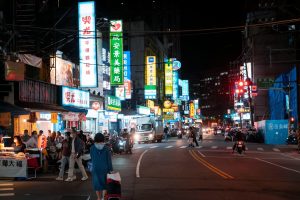Innovative Solutions for Managing Traffic Congestion
Are you tired of spending hours in traffic every day? Do you wish there was a better way to manage the constant congestion on our roads? Well, you’re not alone. Traffic congestion is a major problem that affects millions of people around the world. It not only causes frustration and stress, but it also has a significant impact on the environment and the economy. However, thanks to advancements in technology and innovative solutions, there is hope for tackling this issue. In this article, we will explore some of the most effective and innovative solutions for managing traffic congestion.
The Evolution of Traffic Congestion
Traffic congestion has been a growing problem since the advent of automobiles. As the population increased and more people started owning cars, the roads became more and more congested. At first, this was seen as a sign of economic growth and progress. However, as the number of cars continued to increase, the negative effects of traffic congestion became more apparent.
Today, traffic congestion is a major concern in most cities around the world. The average American spends around 54 hours per year stuck in traffic, costing them over $1,000 in wasted time and fuel. In addition, traffic congestion contributes to air pollution, road accidents, and overall decrease in quality of life.
The Need for Innovative Solutions
Traditional solutions for managing traffic congestion such as building more roads, adding more lanes, and improving public transportation have proven to be ineffective in the long run. These solutions are costly, time-consuming, and often only provide temporary relief. As cities continue to grow and populations increase, new and innovative solutions are needed to effectively manage traffic congestion.
Smart Traffic Signals
One of the most promising innovative solutions for managing traffic congestion is the use of smart traffic signals. These signals use real-time traffic data and artificial intelligence to adjust the signal timings based on the flow of traffic. This helps to reduce travel time, improve traffic flow, and decrease the number of accidents caused by red light running. Studies have shown that smart traffic signals can reduce travel time by up to 25% in urban areas.
Advances in Navigation Technology
The rise of navigation apps like Google Maps and Waze have also revolutionized the way we manage traffic congestion. These apps use real-time traffic data to provide users with the most efficient routes to their destination. They also have the ability to navigate drivers away from heavily congested areas, alleviating traffic in those areas. In addition, some navigation apps now offer features like real-time parking availability, helping to reduce traffic caused by drivers circling around looking for parking spots.
The Emergence of Ride-Sharing Services
Ride-sharing services like Uber and Lyft have also played a significant role in managing traffic congestion. By providing an affordable and convenient alternative to private car ownership, ride-sharing services have helped to reduce the number of cars on the road. In addition, these services also offer carpooling options, further decreasing the number of cars on the road and contributing to a decrease in traffic congestion.
Investing in Public Transportation
Investing in public transportation systems is another key solution for managing traffic congestion. By providing efficient and reliable public transportation options, more people will be encouraged to use them instead of their cars. This will not only reduce the number of cars on the road but also decrease travel time, as public transportation vehicles are able to bypass traffic in some areas. In addition, investing in public transportation also has environmental benefits, as it reduces the amount of pollution caused by private cars.
The Future of Traffic Congestion Management
Innovative solutions for managing traffic congestion are constantly evolving and improving. The latest advancements in technology, such as the development of autonomous vehicles and smart roads, have the potential to greatly impact the way we manage traffic congestion in the future. These solutions have the ability to create intelligent transportation systems that can significantly reduce traffic congestion and make our cities more sustainable.
Final Thoughts
Traffic congestion is a complex issue that requires innovative solutions in order to effectively manage it. By combining technology, public transportation, and smart city planning, we can greatly reduce the negative effects of traffic congestion. As we continue to see advancements in this field, we can look forward to a future where traffic congestion is no longer a major concern for our cities.
If you’re interested in learning more about how to optimize traffic flow in your city, be sure to check out our other articles on Google SEO and traffic management. Together, we can build a smarter, more efficient, and less congested world.










